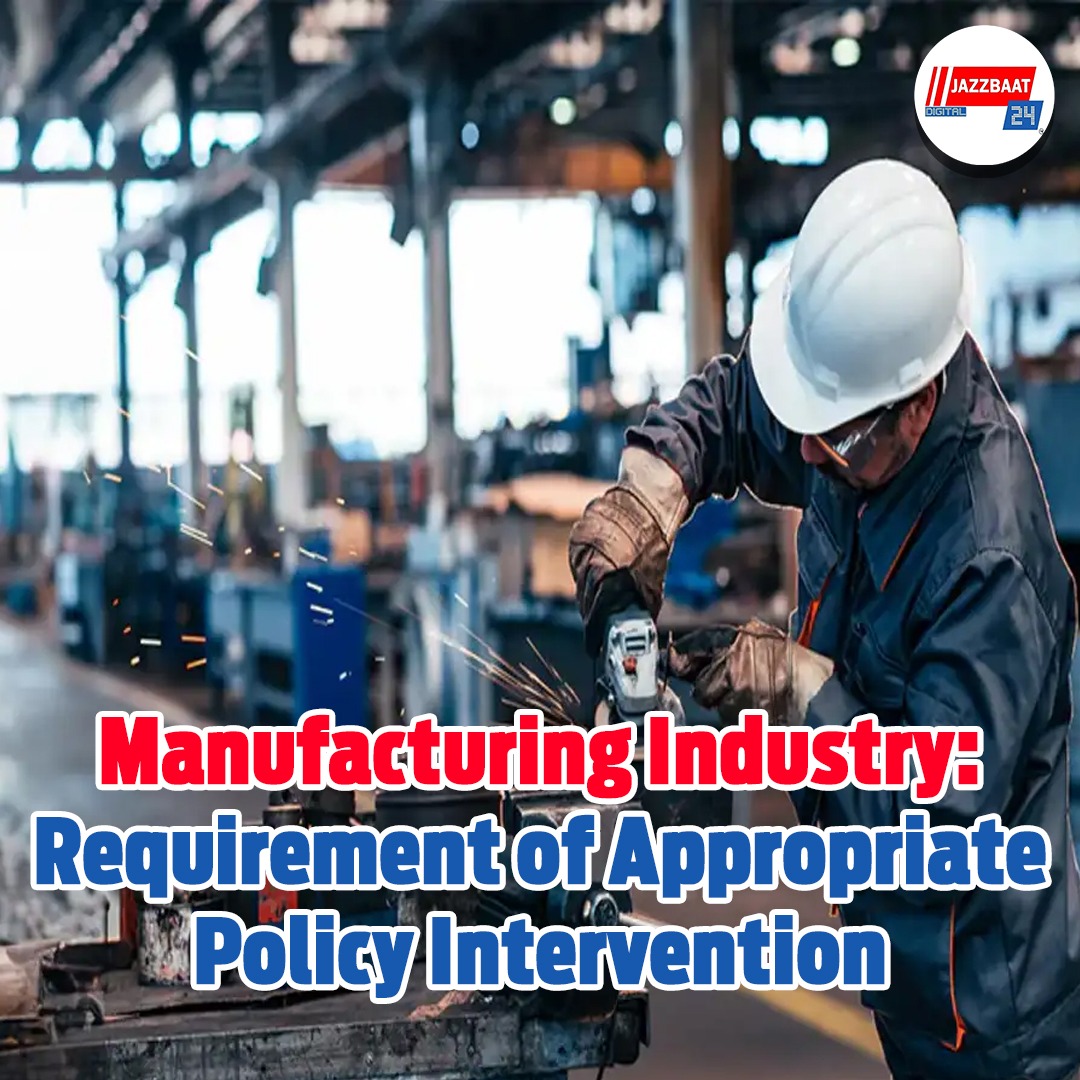
The manufacturing industry can be one of the key pillars of India's economic development. But in practice, this industry still encounters numerous challenges and constraints. Even with 'Make in India' and other programs, the desired development has been adversely affected in several areas. The time has come for pragmatic and focused policy interventions.
First, stable and transparent policies are crucial in the long-term investment in the manufacturing sector. Transparency in the tax regime, elimination of land and power related intricacies, and streamlining of labor laws – these are the three key hurdles that have to be bridged.
Second, small and medium enterprises (MSMEs) account for a large part of manufacturing, but they lack adequate financing and technical support. Special packages and easy credit should be provided to strengthen this sector.
Third, priority must be given to creating a skilled workforce. If trained employees could be made available through polytechnics, skill development programs, and enhanced interfaces between educational institutions and industries, both the quality and pace of the manufacturing sector will be improved.
Fourth, in order to be competitive in the global market, export-oriented manufacturing must be given importance. Development of infrastructure, establishment of Special Economic Zones (SEZs) and tax incentives or relief for exporters can be effective.
Lastly, the public-private partnership (PPP) model must be utilized more extensively to promote the manufacturing sector.
If policy interventions in the manufacturing sector are appropriate, timely and deliberate, India can be a manufacturing hub not only in its own market but also globally. This can accelerate the pace of employment and economic growth several times.